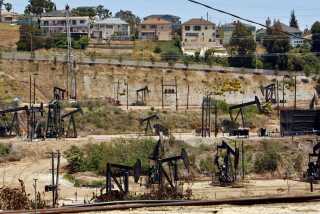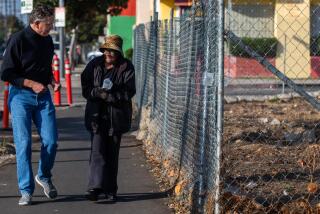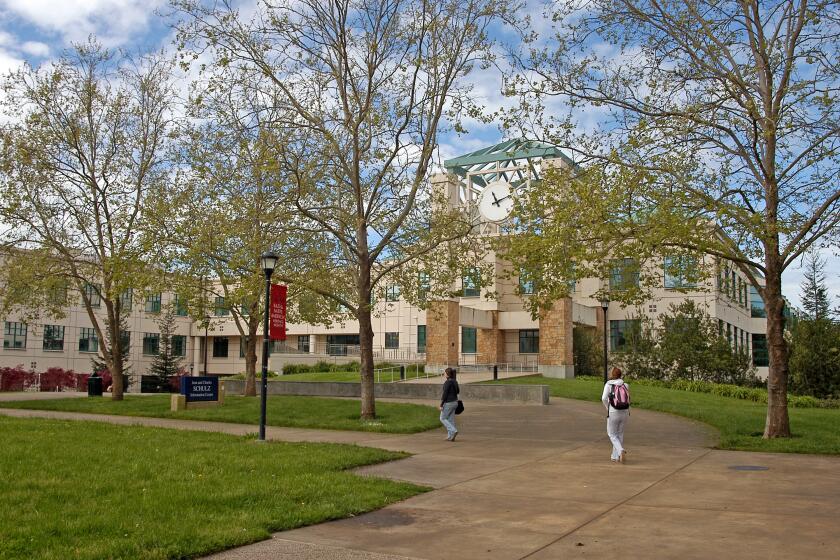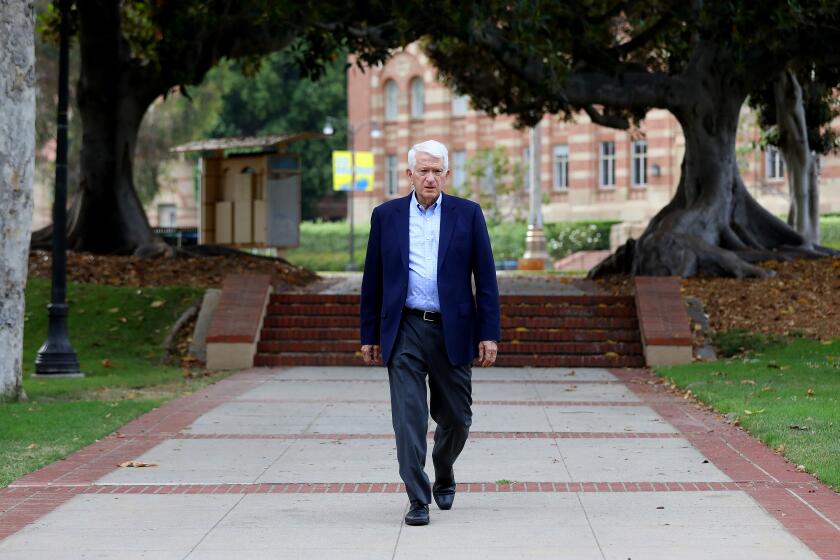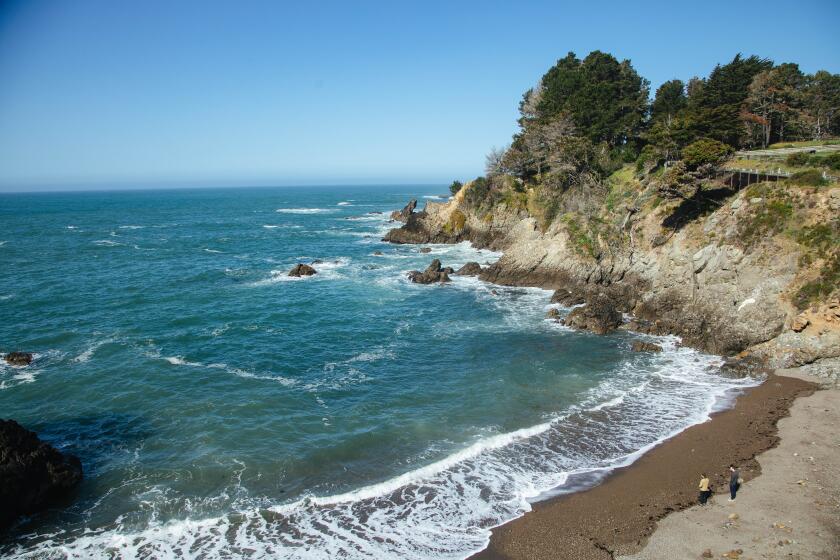More Mitigation Requested from Mobil : Oil: Council meeting ends with 30 additional demands regarding new pipeline, including an advisory panel paid for by the company.
Culver City is proving to be a tenacious clot in the $90-million, state-of-the-art pipeline being built by Mobil Oil Corp.
Instead of getting a go-ahead to run the pipeline through the city, disappointed Mobil Oil representatives left Monday’s council meeting with a list of 30 new safety and construction mitigation demands.
The demands come in addition to a list created last week when the public hearing opened. Mobil agreed to six of those. That list was in addition to 21 mitigation measures previously worked out between Mobil Oil and the city attorney.
“I’m not interested in impeding Mobil Oil’s work,” said Mayor James Boulgarides. “But our people are skeptical. . . . Maybe there’s more that should be provided to us in terms of (pipeline) surveillance and money to the city.”
Culver City is the last agency along the pipeline route to withhold the green light on the project, said Mobil Oil spokesman James Carbonetti.
Mobil Oil is replacing a 92-mile pipeline stretching from oil fields in the San Joaquin Valley to its refinery in Torrance. The 16-inch diameter, anti-corrosive-coated pipeline will carry 95,000 gallons of heated crude oil a day, a 50% increase over the current line.
The pipeline is 90% complete, Carbonetti said. By Oct. 14, the project will be finished except for the 2.7 miles slated to run through Culver City.
Pipeline supporters, which include former Mayor Paul Jacobs and slow-growth activist Robin Turner, believe the new pipeline will bring an added measure of safety and should be approved.
New safety features include remote controlled shut-off valves; a 24-hour, computerized surveillance system, and a leak-detecting probe. The new pipeline will also cut down on the need to transport crude oil by tanker trucks.
But council members, entering eight months of negotiation with Mobil Oil, are in no rush. And they are winning the most stringent concessions granted any jurisdiction along the route.
Mobil Oil agreed to pay Culver City the highest franchise fee awarded to any of the agencies--$23,000 a mile or $64,000 a year.
The original 21 mitigation measures are “far more extensive” than those required by other agencies, including Torrance, said City Atty. Norman Herring. Those measures limited construction hours and spelled out how Mobil should lessen the impact of construction.
Mobil has also agreed to a limit of 95,000 barrels a day and a 10-cent-a-barrel fine for each barrel over the limit. The cities of Torrance and Los Angeles have the same limit, in an effort to hold Mobil Oil to its promise not to increase production at its refinery, but only Culver City secured a fine.
Mobil also agreed to enter into a binding arbitration if construction damage claims are not processed in a timely manner.
Council members have grown more daring with each victory. At the continuing public hearing Monday, they asked for a panel of independent experts, paid for by Mobil, to advise the city on safety issues. They called for raising the franchise fee. A figure of $250,000 was mentioned. More frequent testing and other stringent safety measures were proposed.
Council members instructed Herring to draw up the new demands and bring them back on Oct. 12.
Mobil Oil negotiators are still optimistic an agreement can be reached.
“Despite the surprise developments, we will give serious consideration to any reasonable conditions to which they are legally entitled,” Carbonetti said.
If Culver City proves uncooperative, Mobil Oil will most likely use the old pipeline, hooking up the new pipeline on either end of the city, Carbonetti said. The old pipeline franchise does not expire until 1997.
On the other hand, if Mobil Oil violates the franchise agreement for the new pipeline, city officials determined they could shut it off.
“I suppose we could send (Police Chief Ted Cooke) to the pumping station at Slauson,” Herring said. “We have the wherewithal to turn it off.”
Mobil Oil engineers estimate that it would take six weeks to complete the pipeline in Culver City. Work could begin 30 days after Culver City approves a franchise agreement.
Mobil Oil attorneys believe the project will sail over one last hurdle, a lawsuit filed by Coalition Against the Pipeline (CAP), which charges that the pipeline environmental impact report is inadequate. A Los Angeles Superior Court judge upheld the environmental report in April, 1991, but the CAP appealed. A hearing is scheduled today in state appeals court.
More to Read
Start your day right
Sign up for Essential California for news, features and recommendations from the L.A. Times and beyond in your inbox six days a week.
You may occasionally receive promotional content from the Los Angeles Times.
